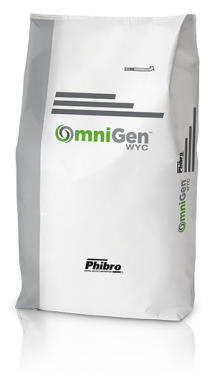Help Alleviate the Effects of Heat Stress in Dairy Cows
84-Day Study Evaluates Whether OmniGen® is Equally Effective in Grazing vs. Confined Dairy Cows1
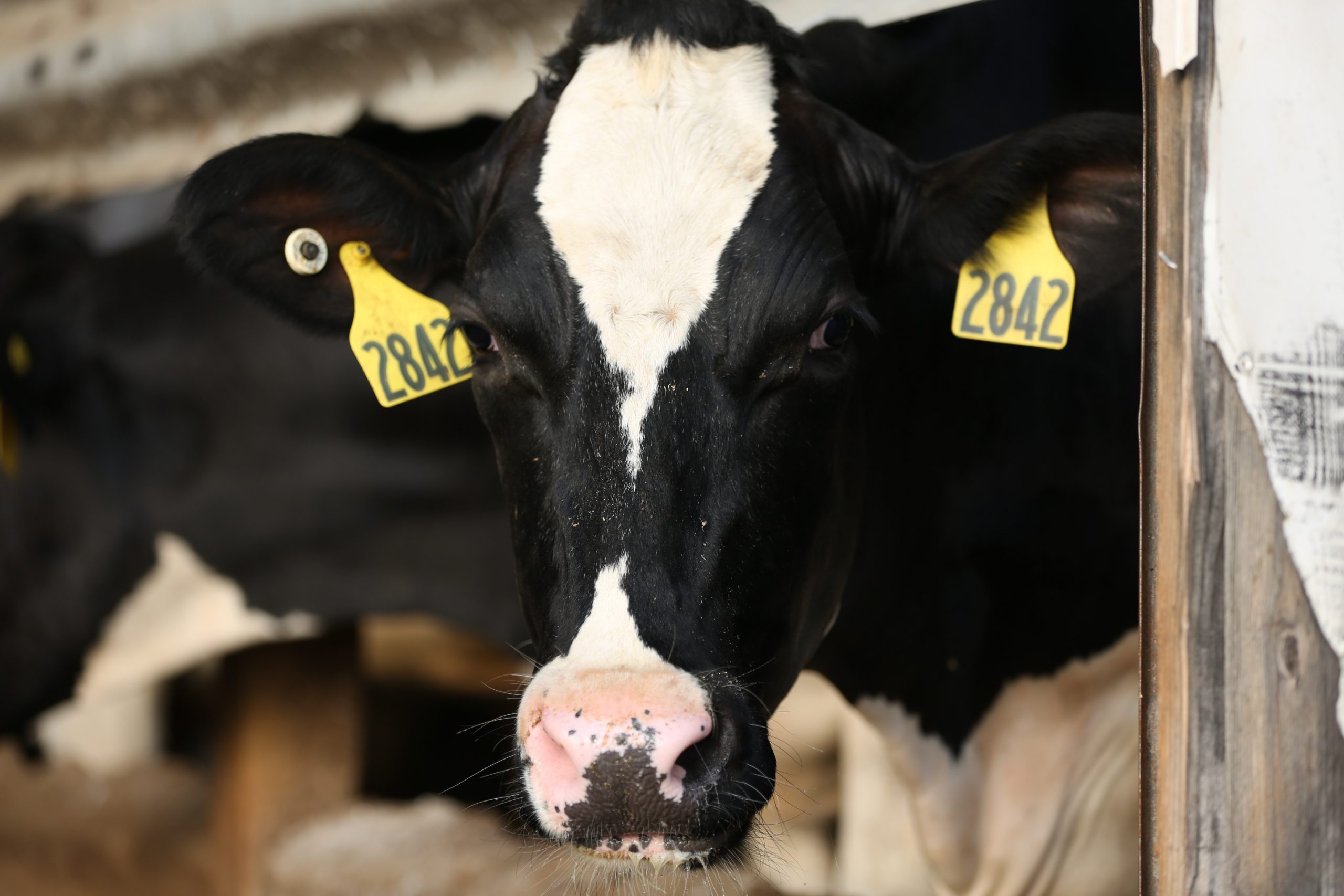
When the temperature-humidity index (THI) reaches 68 or temperatures climb above 25 degrees Celsius, dairy cows may present signs of heat stress, including increases in rectal temperature and respiration rate. Cows reduce their own metabolic heat production by decreasing intake and milk syntheses. Heat stress also causes a cortisol response that inhibits immune system response under heat stress conditions. Both are natural responses that not only lower productivity, but also makes cows more susceptible to disease.
OmniGen AF nutritional specialty product has immunomodulatory effects and is composed of ingredients shown to help alleviate symptoms of heat stress in confined dairy cows in different physiological states. In previous research, cows fed OmniGen have reported lower respiration rates and greater milk yield production compared to the control group.2 Fresh cows, when fed OmniGen under heat stress, had lower vaginal temperatures and lower somatic cell counts, compared to the control group.3
While this is evidence that OmniGen aids thermoregulation of confined dairy cattle, there was a lack of data on the effects of OmniGen on grazing cattle. So, a team of researchers from the Department of Animal Science at the Universidade Federal da Grande Dourados, Brazil, the Department of Animal Sciences at Kansas State University, and the Department of Animal Nutrition and Animal Production at the University of San Paulo, Brazil, conducted a study at a commercial dairy farm with a rotational grazing system between Oct. 2016 and Jan. 2017.1
The objective: to determine the effects of OmniGen on pasture intake, milk yield and composition, blood metabolites, body temperature and respiration rates of grazing cattle under a high THI environment.
Thirty-six multiparous Holstein cows were assigned to either 0 or 50 g/d of top-dressed OmniGen, which was hand mixed on the 2/3 upper portion of corn silage and concentrate mixture after milking (25 g OmniGen/head twice daily) for 84 days. Cows had free access to water and ad libitum access to mineral mixture. They were milked and fed twice daily, and milk samples were collected, measured, and analyzed for contents of milk fat, total protein and lactose. In addition, blood samples were collected, and total serum calcium and blood ionized calcium were analyzed according to Oetznel (2004). Body weight and body condition score were evaluated both at the onset of the study and at blood collections. Respiration rates, rectal temperatures and body surface temperatures were also regularly measured. Air temperature and relative humidity were recorded and THI was calculated every 30 minutes.
Positive Impacts on Thermoregulation and Milk Production of Grazing Cattle
Cows fed OmniGen showed greater (P < 0.045) total dry matter intake, milk yield, milk fat production and milk fat concentration compared to the control group, while neither body weight nor body condition scores were affected. In addition, cows fed OmniGen had lower (P < 0.043) body surface, muzzle temperatures and face heat emission, as well as lower respiration rates. (There was a treatment and time interaction effect P < 0.038.) Cows fed OmniGen also showed decreased somatic cell count while also showing increasing blood glucose and ionized calcium concentrations and decreasing blood aspartate aminotransferase and alkaline phosphatase concentration. This evidence indicates that feeding OmniGen improves performance and helps reduce signs of heat stress in grazing dairy cows in environments with high THI.
Visit www.theOmniGenDifference.com or contact your local Phibro representative to learn more.
1Gandra et al., 2019. Livest. Sci. 221:28–32.
2Fabris et al., 2017. J. Dairy Sci. 100:6733–6742.
3Leiva et al., 2017. J. Dairy Sci. 100:4829–4838.
OG720721GLB-R0123 ©2023 Phibro Animal Health Corporation. Phibro, Phibro logo design, Healthy Animals. Healthy Food. Healthy World. and OmniGen are trademarks owned by or licensed to Phibro Animal Health Corporation or its affiliates.
Dairy Cattle Products
84-Day Study Evaluates Whether OmniGen® is Equally Effective in Grazing vs. Confined Dairy Cows1





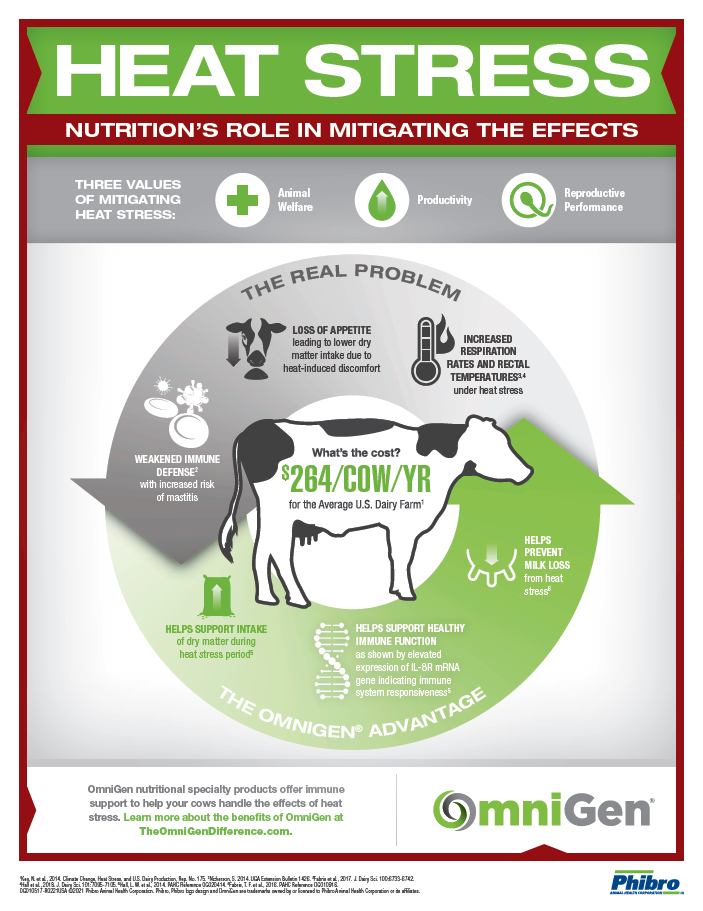
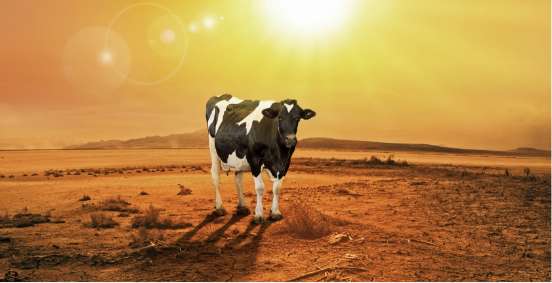
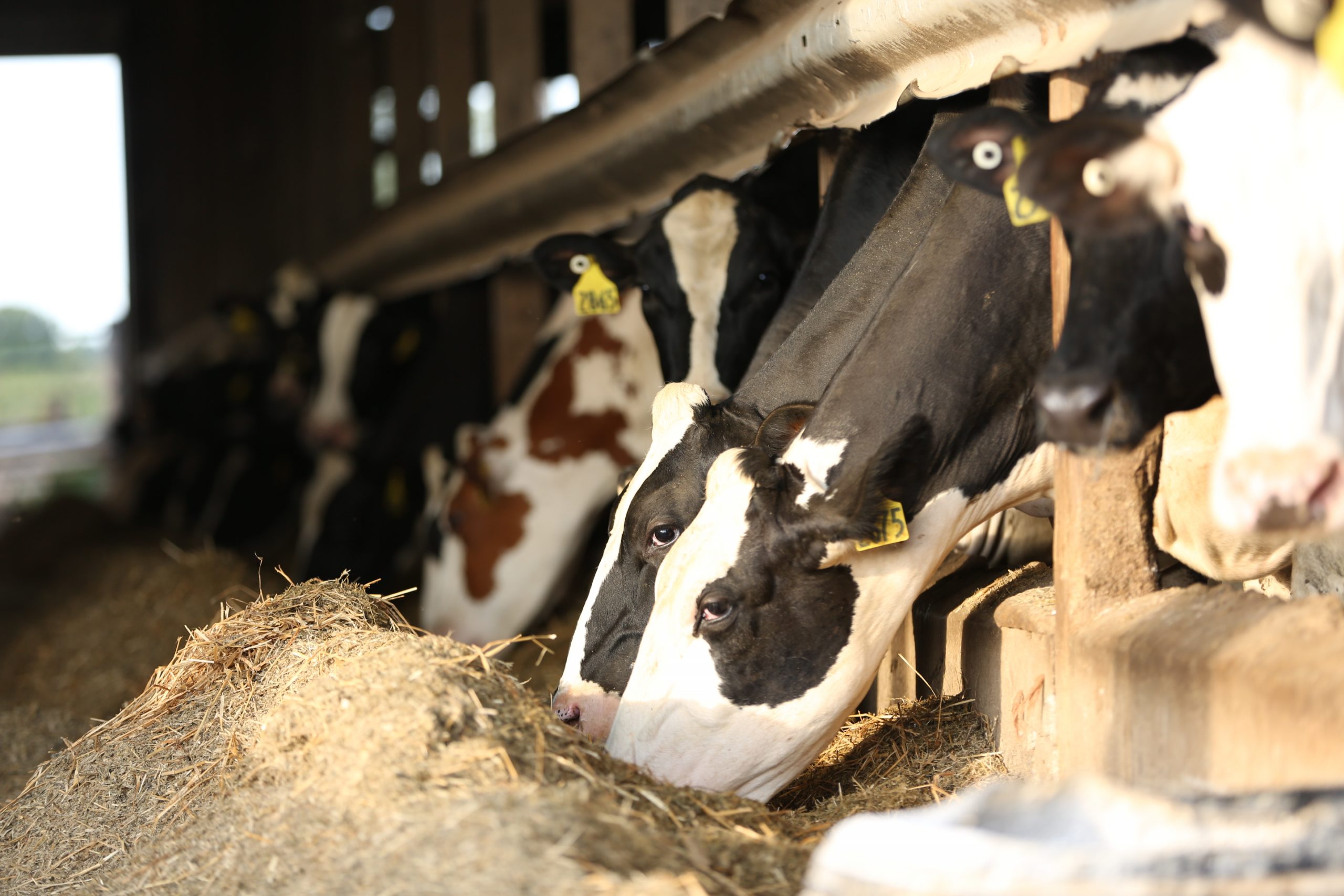
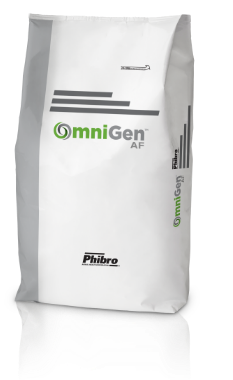
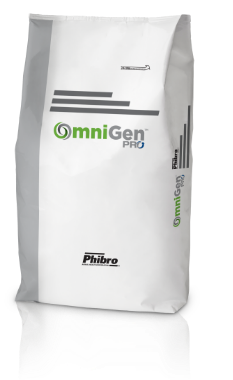
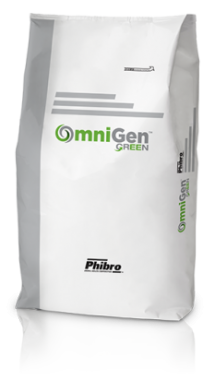
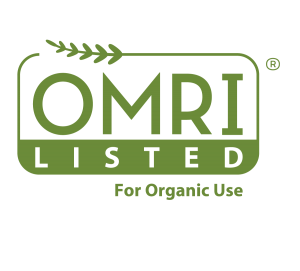 OmniGen Green is Organic Material Review Institute (OMRI) listed.
OmniGen Green is Organic Material Review Institute (OMRI) listed.